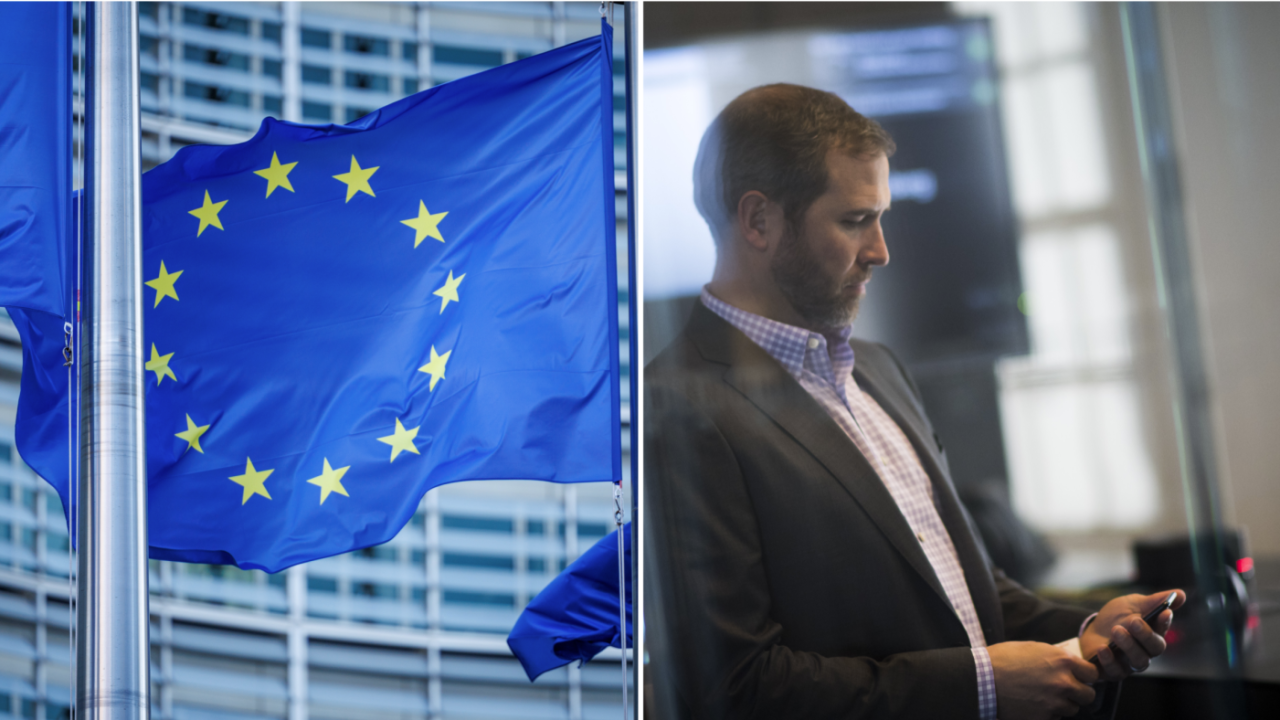
- What to know: Banks' reputations have recovered from pre-pandemic levels.
- Deeper dive: Large banks' customers reported they thought more highly of their own banks this year.
- Caveat: Regional banks saw larger reputation gains when non-customers were surveyed.
The banking industry's reputation has fully bounced back from the
This year's bank reputational survey conducted by RepTrak found that regional banks saw the most pronounced public image comeback, and large banks are also beginning to close their historic trust gap with their customers. But the survey found that nontraditional institutions remain more respected than the largest firms among the public.
RepTrak said consumers gave the banking industry its highest marks in eight years, but that reputational high appeared tentative. Customers and noncustomers alike indicated the industry's standing will depend on ethical conduct, credible oversight and the perception of responsibility amidst a wave of deregulation and diversity rollbacks.
"You can see a steep increase [this year], getting back to sort of those 2017 levels for the first time, and even a tiny bit higher," said Sven Klingemann, research director at RepTrak. "So that's the positive news. After the [2023 banking] crisis firms sort of stayed out of the negative headlines, their reputations are started to recover, but there's a 'but.'"
This year's survey asked both customers and non-customers to weigh in on how individual banks are perceived, assigning each a score from 1 to 100. Among customers, USAA Bank led the pack with a score of 87.6, up 1.9 points, cementing its reputation for trust and service. Following closely were Regions at 84.6 and City National Bank at 84.3, rounding out the top three. City National, in particular, stood out with the year's most dramatic customer surge, climbing 13.2 points.
Truist, ranked fifth, also posted significant gains with customers, rising 7.4 points to 83.5. Other notable movers included Chime, up 6.0 to 82.4 in ninth place, and Valley National Bank, which jumped 10.2 points to land in 13th. New entrants to the upper ranks included Wintrust at 82.9 in sixth, BNY Mellon at 81.4 in twelfth, and East West Bank at 80.9 in fourteenth, all making their mark among the 41 banks surveyed.
Reputations among non-customers were generally lower, though BOK Financial surged to first place at 76.4, gaining 9.2 points and surpassing last year's leaders. USAA Bank at 74.5 and Northern Trust at 73.1 followed closely in second and third, while East West Bank at 72.5 and Webster Bank at 72.2 also ranked near the top. First Citizens jumped 8.4 points to 70.9 in seventh place, and City National posted a notable comeback, rising 7.6 points to 69.1 in 16th. At the bottom, Bank of America at 49.5 and Wells Fargo at 46.6 lagged far behind, though Wells Fargo staged a remarkable 10.9-point rebound from its nadir during the fake accounts scandal of the mid-2010s.
Large banks posted the biggest year-over-year reputational gains among their own customers, rising 2.8 points. Regional banks surged among non-customers, climbing 3.9 points, continuing the progress seen in 2024 after being downgraded in 2023. Non-traditional banks rank highest overall among customers, but regional banks have overtaken them among non-customers for the first time since 2022.
A bank's conduct, its perceived ethics, transparency, and fairness, was a more important driver of reputation than the products and services firms offer in 2025. Klingemann said this emphasis on bank conduct is important at a time when the government is seen as relaxing its regulatory standards for such firms.
"In times of uncertainty, in times of deregulation, in times of the change of the guard, [the public wants to know] are companies, including banks, going to continue to behave in an ethical and transparent way, by avoiding risk, but also by offering me products and services that meet their needs, that are of good value," Klingemann said. "So this is about continuing to do the right thing."
Public unease with deregulation represents the largest headwind for the industry's improving public image. Six in ten of those surveyed say they are "extremely concerned" about changes to banking rules including the weakening of the Consumer Financial Protection Bureau, loosening of capital requirements and removal of fee caps on overdraft or late charges.
Artificial intelligence and cryptocurrency oversight also ranked high on the public's list of concerns. Older Americans, women and Democrats were most concerned with deregulation, while Republicans and men show more willingness to trust banks to police themselves in these areas.
Only four in ten respondents completely trust banks to self-regulate. Regional banks are seen as the most trustworthy to self-regulate, though even survey participants' confidence in these banks is limited. Large banks are viewed as least trustworthy, particularly when it comes to crypto and AI activities. These perceptions point to a fragile equilibrium: banks are back in good standing, but any move that looks like exploiting regulatory rollback could quickly erode the gains they've made.
Diversity, equity, and inclusion remains another complicated issue for banks. For the second year in a row, fewer respondents called diversity initiatives "very important," and the decline is sharpest among Republicans, where detractors now outnumber promoters. Overall, the net share of proponents of diversity has fallen about 12 points since 2023. Yet the numbers also show banks enjoy a net benefit from diversity practices. Consumers who rate diversity as a higher priority rate banks with robust diversity initiatives roughly 20 points higher than detractors, suggesting that scrapping diversity initiatives brings with it some reputational risk. But how diversity initiatives are framed makes a difference: banks that emphasize fairness, respect and diversity without leaning on the explicit DEI label receive better reputational scores, said Klingemann.
"If you are perceived to invest in this without the explicit reference, you are really going to reap the reputational benefits," Klingemann said.
The demographic split is stark. Support for diversity efforts was strongest among younger Americans, Hispanics, Black respondents and Democrats, and is weakest among older adults, Asian and Pacific Islander respondents and independents, the survey found.
Reputational risks extend beyond deregulation and political issues as well. The most damaging factors to reputation were employee mistreatment and unfair customer practices. Disputes over fraud reimbursement, ethical use of AI and excessive, surprise fees were the most salient drivers of reputational damage. While not the most damaging risk, refusing to serve certain politically sensitive companies or groups, a practice often labeled "debanking," still carries significant reputational consequences.
In 2025, four in ten respondents said they want banks to increase their commitments to environmental, social, and governance actions, including reducing negative environmental footprints, improving social outcomes for workers and communities and strengthening accountability and openness in business operations.
The appetite for stronger ESG action was broad, but most pronounced among younger respondents, Hispanics, Black Americans and Democrats. These groups expressed the highest net desire for banks to make bigger investments in ESG-related areas, even when the term itself was not explicitly referenced. The public still wants banks to show greater commitment to fairness initiatives, but institutions must present those actions in ways that do not get muddled with partisan language, Klingemann said.
"Unlike DEI, the appetite, or the importance of ESG has actually remained the same as last year," Klingemann said. "Perhaps it's been less stigmatized, maybe less under the microscope but again [ESG without the explicit label] is better than labeled actions. ven more Republicans are saying it's important that banks focus on ESG practices, whether it's for their own business operations or for investment choices."






